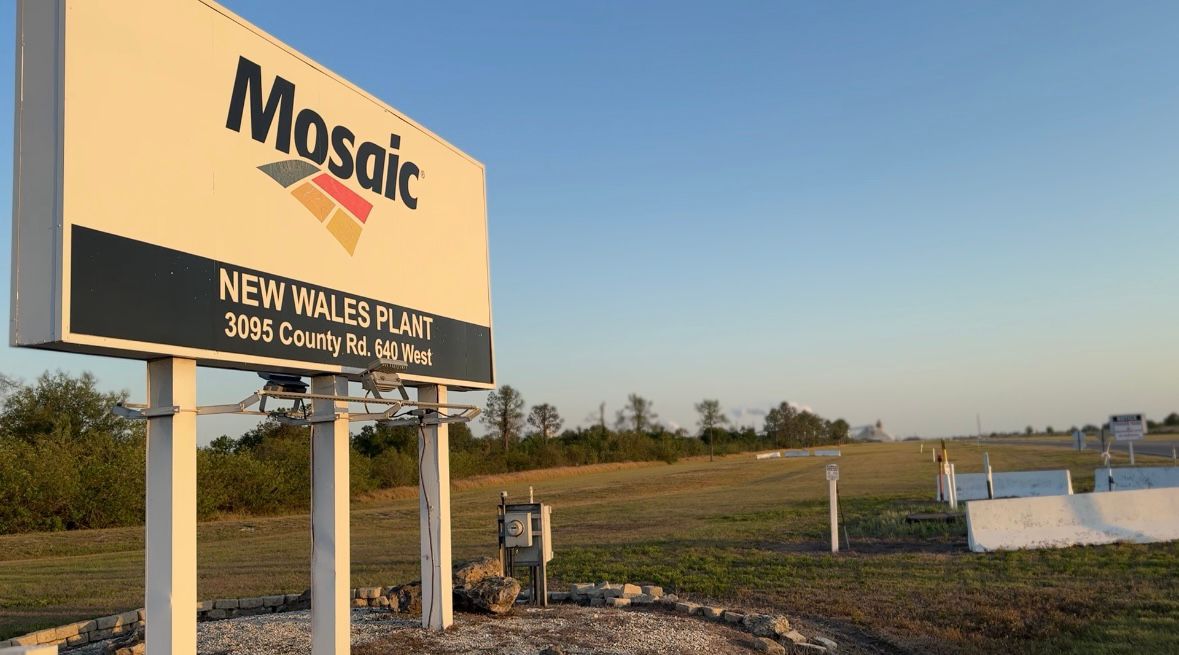DAVENPORT, Fla. — Concerns are growing as federal healthcare programs, such as Medicaid, face potential cuts.
The House passed a budget resolution that would cut $880 billion from these programs over the next decade.
While President Donald Trump says the bill will not affect Medicaid benefits, experts argue that the budget plan cannot be executed without impacting the program.
Davenport mother Barbara Harris is doing her part to prevent the proposed cuts to protect the wellbeing of her family and others.
“Every single solitary day. Every day in some way I take an action to save this country for them,” she said.
Harris says that includes engaging elected officials who are looking to make changes that could impact Medicaid. As a single mother in the 70s, she says the program was the only way she could get healthcare for her daughter, Tabitha. Over the years, Tabitha has also relied on Medicaid assistance for her own three children.
“It allowed my grandkids to grow up healthy,” she said. “The ability to get medicine that they would have never been able to afford otherwise. It gave them the ability to not worry about their health because every person should have healthcare.”
According to data from the Florida Department of Health, roughly 202,230 people in Polk County rely on Medicaid — about 25.5% of the population.
If the budget plan passed by the House goes through, Scott Darius, executive director of Florida Voices for Health, says even the smallest cut could be detrimental.
“Even like a one percent decrease in the amount of funding that the state’s receiving from the federal government, you’re losing billions of dollars in that exchange,” he said.
Darius said that also applies to making cuts in the name of protecting the program from fraud. However, a press release from the White House said the Trump administration will not cut Medicaid benefits and, “What kind of person doesn’t support eliminating waste, fraud, and abuse in government spending that ultimately costs taxpayers more?”
“To the waste, fraud, and abuse argument, I say that’s a worthy cause if that’s what you’re actually doing, and there are ways to maybe surgically approach that. But to do arbitrary cuts, to not think critically about how the program works and who it’s serving, is not those things,” Darius said.
While Darius tries to shed light on the potential impact, he encourages the public to reach out to lawmakers. As for Harris, she’s already sent out several letters.
“You have to bother these people because if you don’t bother them, it won’t change,” she said. “You have to continue to affect them. You have to continue to try to change the story.”












